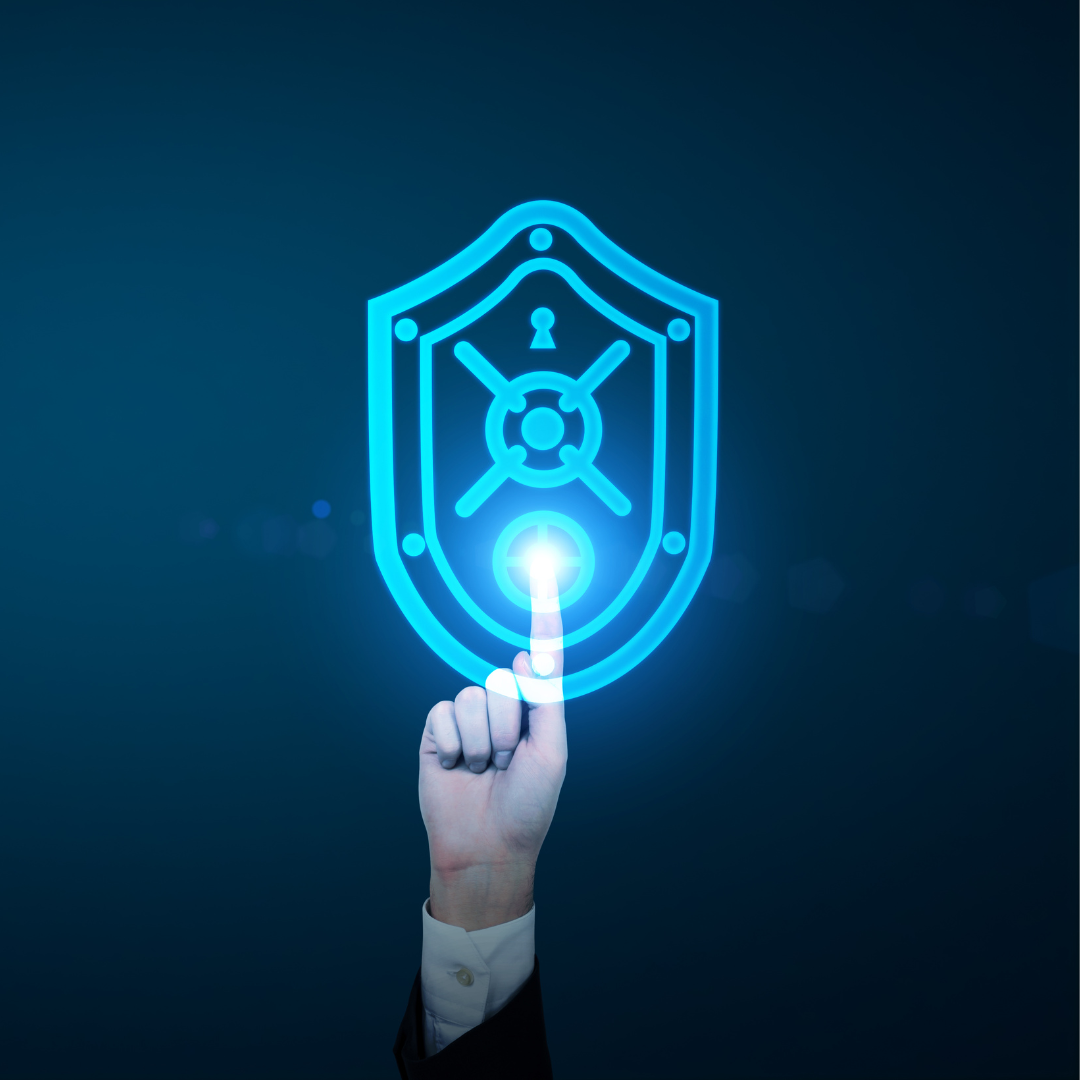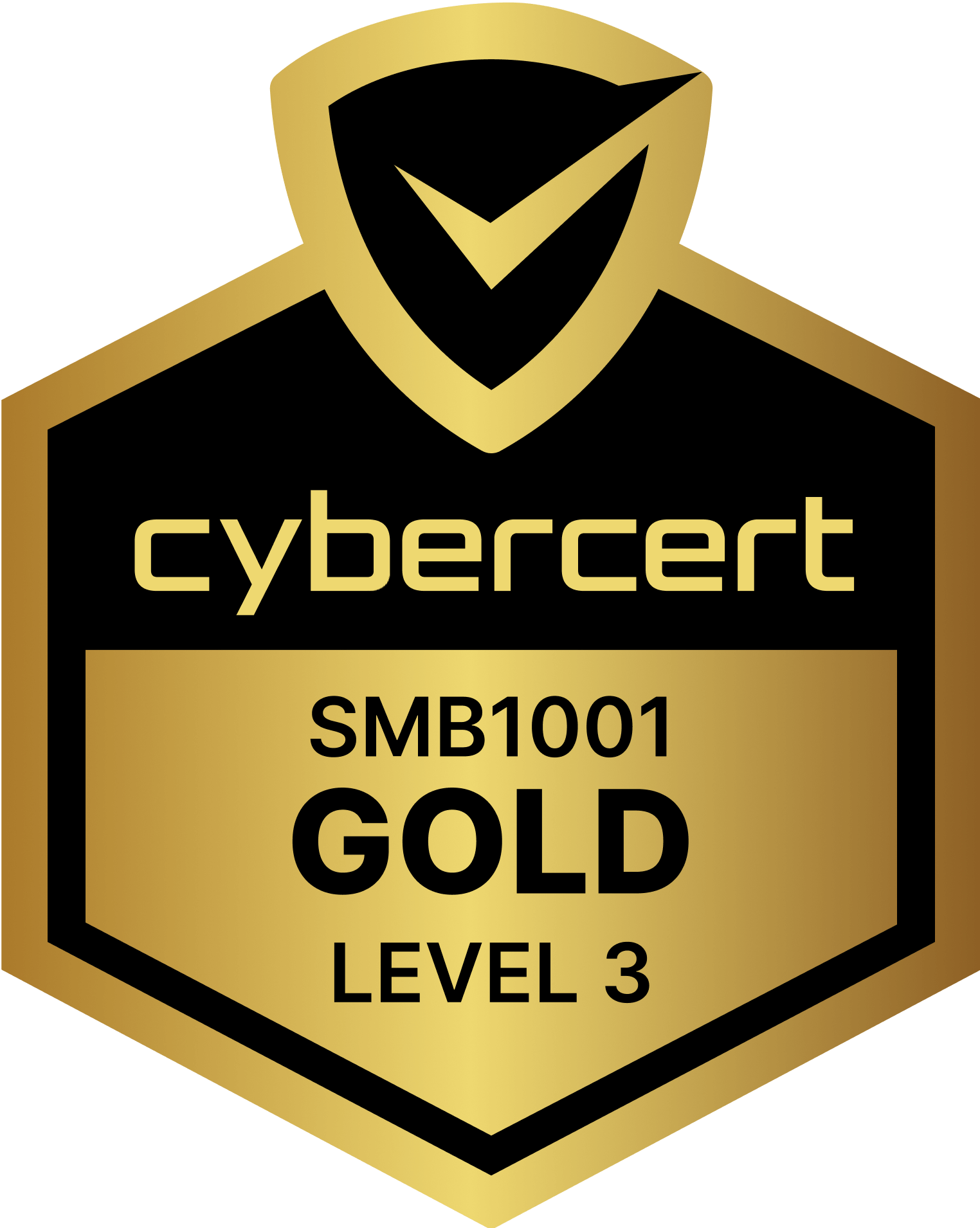What is ISO 27001?
The International Organisation for Standardisation, or ISO, is a global organisation allocated with compiling and overseeing a wide range of standards for many fields.
Gaining a certification in ISO 27001 creates an IT security discipline by offering a standard for creating, implementing, running, monitoring, assessing, preserving, and enhancing information security management systems.
Achieving ISO 27001 compliance and certification in Australia should be given top attention if your company needs to advance its information security.


How to get started?
We have experience in a number of sectors, including government, technology, healthcare, and finance. Our ISO 27001 Auditors adapt ISO 27001 to your industry's particular security concerns.
Your ISO 27001 journey with CyberUnlocked invovles a consulting approach:
- Consultation:
Understanding your organisation’s specific needs, objectives, and existing security landscape.
- Gap Analysis:
Evaluating your security posture as against compliance with ISO 27001 standards.
- Plan Customised: Creating a plan specifically designed to apply ISO 27001 while addressing any gaps along the way.
- Training: Giving your staff the know-how and abilities needed to keep the ISMS updated and operating smoothly.
- Constant Support: Continuing to assist with compliance, making enhancements, and adjusting to new risks.
Common FAQs on ISO 27001
How can an organisation become ISO 27001 certified?
The certifying organisation conducts a thorough audit as part of the ISO 27001 certification procedure, and involves a rigorous process including the participation of internal and external stakeholders. In order to gain certification to the requirements of the ISO 27001 standard, all criteria must be met. It recommended to make sure your compliance strategy is mature before submitting an application to be audited, and your business meets the standards.
What does an organisation gain from ISO 27001 compliance?
An organisation has a high degree of cyber risk maturity if it can pass ISO 27001 with the level of rigour necessary. In many industries, it is also necessary as a baseline for compliance.
How long does it take to be certified to ISO 27001?
Numerous factors are involved in this. For smaller businesses, it can take 6 to 8 months, while for larger ones, it can take 12 to 18 months.
How does ISO 27001 work?
The International Electrotechnical Commission (IEC) and the International Organisation for Standardisation (ISO) created ISO 27001 as a global standard for data security. The organisation offers instructions on how to design an information security management system (ISMS) that combines technology, people, and procedures.
Protecting the accessibility, privacy, and accuracy of information inside an organisation is the aim of ISO 27001. This is accomplished by identifying possible problems that might occur with the information security (i.e. doing a risk assessment) and figuring out what needs to be done to solve any identified non-compliances (i.e. risk mitigation or risk treatment plan).
The foundation of ISO 27001 is based on a risk management process that identifies risks and then systematically addresses them through the implementation of security controls.
Why is becoming ISO 27001 compliant important?
Your business can improve the ability to follow data protection regulations and lower the dangers to data security by being certified. You can also show that you are dedicated to safeguarding the data assets of your partners, suppliers, customers, and other stakeholders by obtaining this certification.
Building trust with stakeholders is a key reason many businesses obtain this certification, providing them with a competitive edge and improving their reputation.




